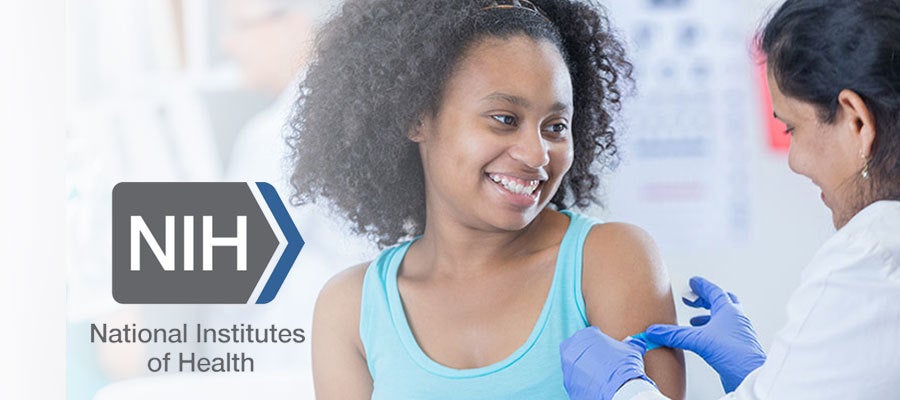The AHA tomorrow, June 3, at 1 p.m. ET will host a webinar featuring Michael Fallahkhair, senior advisor for Federal Office of Rural Health Policy at the Department of Health and Human Services, who will discuss federal funding opportunities to assist rural hospitals and rural health clinics with efforts related to COVID-19 testing, mitigation and vaccination.








